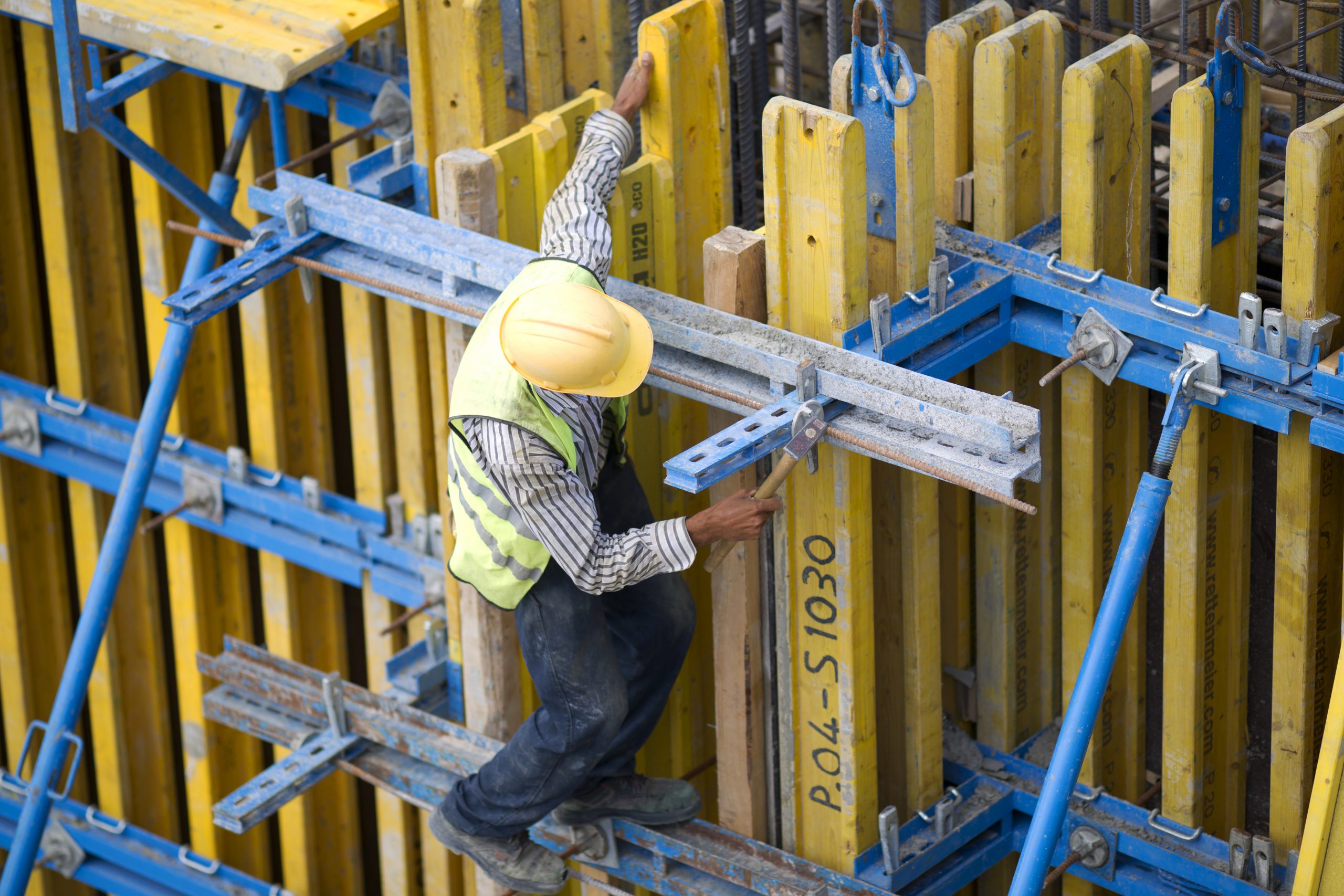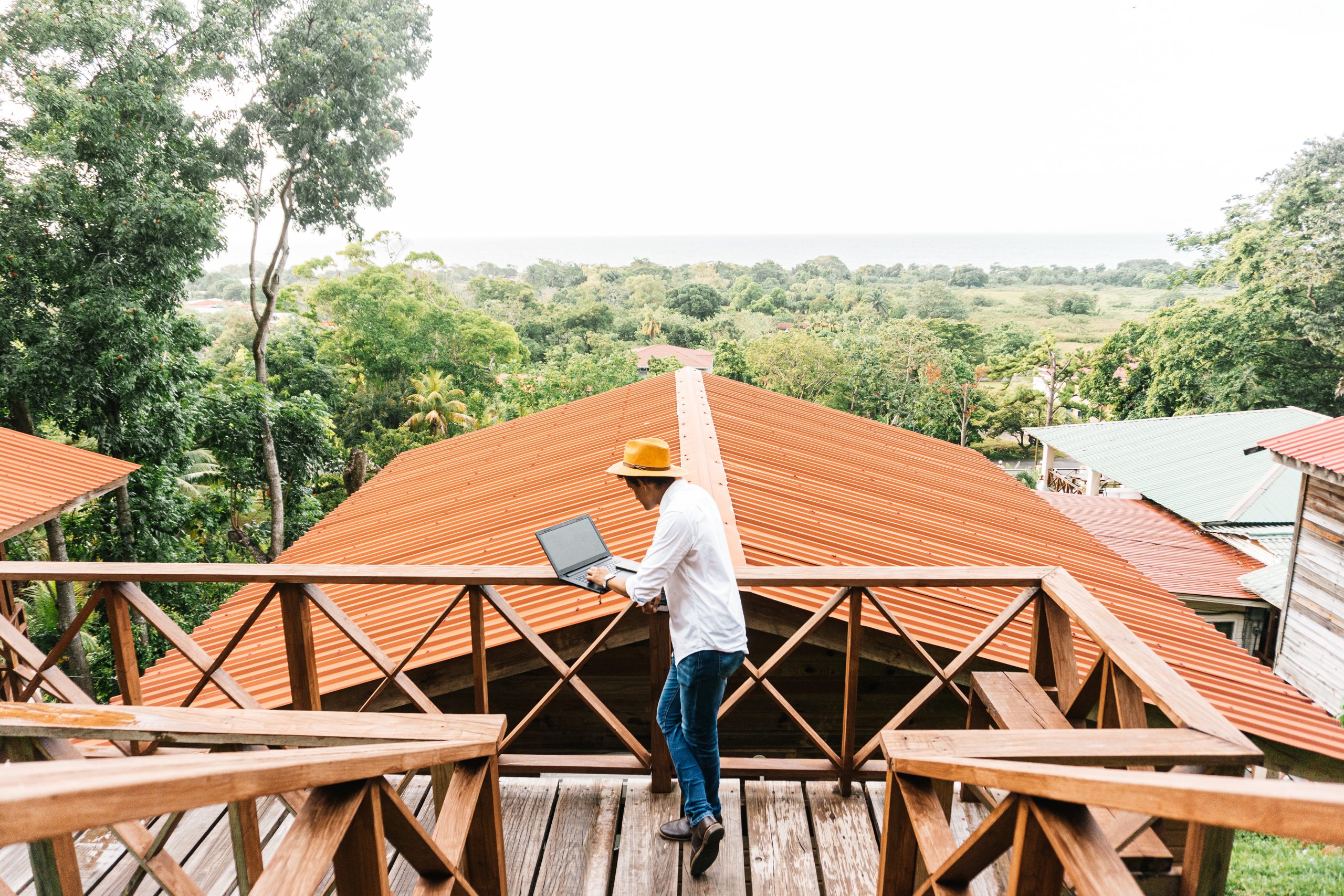One of the fundamental requirements for a common man is to construct a house. In order to satisfying his need and desire, he makes a significant investment.
He needs to have a solid understanding of the strategy and the execution of his masterwork before making such a crucial decision. Make sure to follow these seven procedures to prevent problems during the construction process.
- Understand the history of the land.
It’s crucial to be aware of the various uses an area of land has had over the years before making a purchase. Nowadays, people often choose the wrong area of land because of the rapid development. A significant portion of your home’s budget is determined by the land’s characteristics. Because of this, it is crucial to research the area’s past. Whether it was once a wilderness, marshland, or inhabited with people depends on history. Be sure to research the water availability and soil quality as well.
- Learn about your project.
The crucial step is creating a plan in your head that fulfils your ideal project. You can describe your ideas in depth and map out the schematic of your home with the assistance of the right architect. The floor area and elevation schematic should be given a lot of consideration. Because it affects how much money you spend on your home and how difficult the design will be. It takes a few weeks to complete this procedure and comprehend the requirements you have for your project.
- Budget setting
Even if everything goes according to plan, a number of things could cause the construction activity and budget to vary. Therefore, it is rare for everything to go according to plan. During the course of the work, unexpected issues may arise. Therefore, it is usually preferable to discuss it with a professional in the area before agreeing on a budget. The budget’s contingencies must be clearly known, and money should be set aside for them as well.
- Permits and approvals for construction
It is the most significant part of constructing a building since it must adhere to all laws and regulations. To maintain it relevant, be careful to take the advise of a reliable contractor or architect. By doing this, the work won’t stop when the building inspector arrives. A copy of the building permit should always be kept on the job site.
- Basic requirements for construction
Make sure there is water, electricity, space for materials storage, and transportation to the project site by road before beginning any building activities. It will reduce the delay in work when these elements are easily accessible and proceed as intended. In the long run, you’ll save a lot of cash and effort by looking into alternate construction methods.
- Project execution team
After the design is complete, you must find a contractor to complete the job. It is necessary to thoroughly describe the task and request that the contractor create a project estimate. Discuss about the project’s dimensions and the supplies you plan to utilize. By the time you’ve done this with a few of them, you’ll know how to pick the best contractor for the job. He should have the necessary infrastructure and good skilled labour to finish the project.
- Schedule the works
The work schedule is crucial because it can impact your home’s budget if it takes longer than expected. It should be taken into account in the contingencies since it may have an impact on the demand, supply, and price of materials. The budget goes up overall as a result of this.
Starting a project can be delaying, therefore push the deadline from the outset and make sure the above steps are followed to ensure a seamless transition to conclusion.


